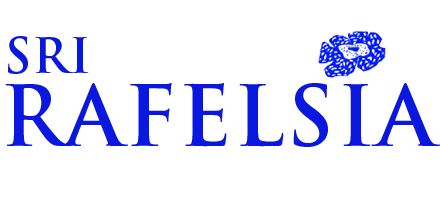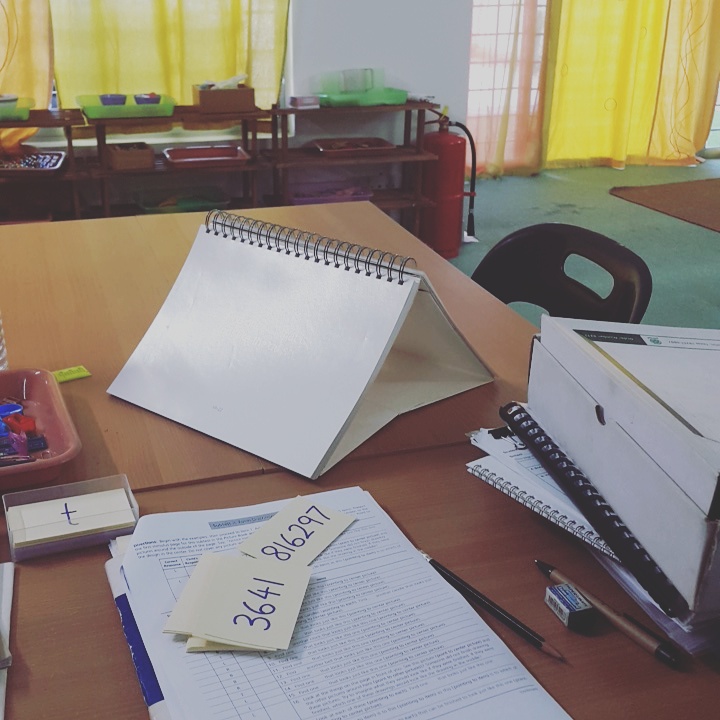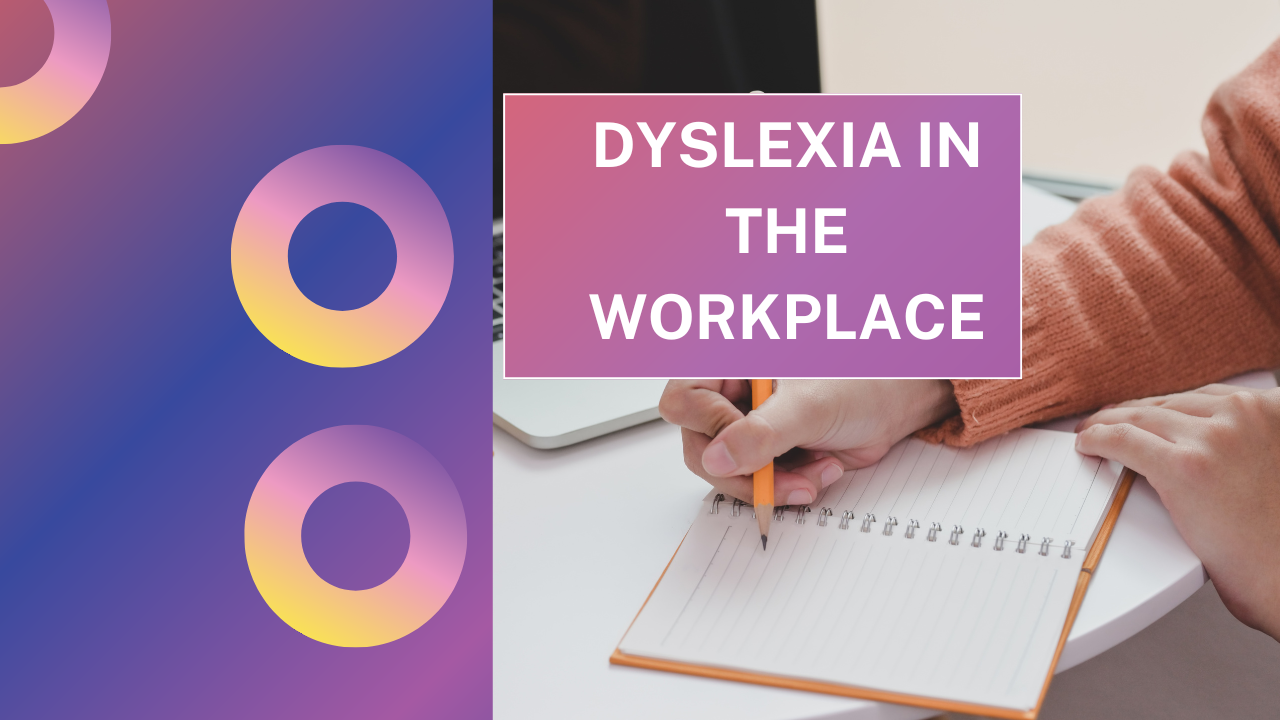There are essentially 2 types of formal assessments in special education. In the field of special education, assessments are crucial for diagnosing learning difficulties and formulating intervention plans. However, in Malaysia, there is a lack of legislation and control over special education procedures, which has led to many unethical practices in the industry over the years. This is frustrating for both parents and professionals. Some “practitioners” conduct what is known as “observational” assessments, which involve giving children toys to play with or simply talking to parents to gain information about signs and symptoms. After about 20 minutes, they throw labels at parents, making a diagnosis based on this informal information.
Others, who are more creative, use another type of assessment in special education: computer-based tests that do not take into account the individual being tested and provide generic computer-generated reports with little to no human interpretation. These types of assessments have many flaws and problems and do not accurately depict the true nature or underlying causes of the difficulties faced.
Feature #1 – Non-standardized tests
Non-standardized assessments use observation, self-assessment checklists, and rating scales. These types of assessments are only good enough to identify signs and symptoms of a possible learning difficulty.
Feature #2 – Computer-based tests
Many untrained people in the field of special education know that assessments form the cornerstone of effective learning support and intervention protocols. So, to look more legit, they will use generic computer-based tests that are not personalized to the person being tested and provide generic computer-generated reports with little to no human interpretation. This means their lack of skill would not be obvious. These types of assessment reports will usually have colorful graphics and resemble a sales and marketing analytics report.
Feature #3 – Obvious Deception
Assessments are where the assessor simply tests the child’s current knowledge in letter sounds and names. This is something parents or the classroom teacher can do. These “assessors” would go on to provide a typed document but would omit a signature and a full list of credentials and license registration numbers in their “reports.”. A designation and title alone is not enough.
These types of assessments, on the other hand, are thorough and aim to answer the question, “Why is this learner not learning as we expect him/her to?” With this type of assessment, the results obtained are not computer-generated but rather the cumulative skill and knowledge of the professionals required to interpret the results accurately, so that an effective intervention protocol can be put in place.
The cost of an observational assessment would, of course, be lower and could be done in one session. The cost of in-depth cognitive-based assessments is higher simply because one must first be trained to administer and interpret the tests. Second, this professional also has to buy expensive test kits, which typically have to be upgraded every two years. Continuing professional development is necessary in order to obtain a license to administer and interpret test results.
Test score interpretation are done using standardized psychometric protocols, and score ranges, percentile ranks, and explanations of implications are detailed within the report. All results will be interpreted and justified by empirical evidence from the tests administered.
Many parents get put off by the cost and so decide to provide additional tuition, hoping that the tuition teacher can perform a miracle. This is not going to happen. Treating the surface symptoms does not address the underlying cognitive deficits attached to most specific language-based disorders, such as dyslexia, dyscalculia, and dysgraphia. Instead, you are setting your child up for academic failure and emotional and behavioral problems in the long term. This is not fair to the learner, who will continue to struggle with learning and over time, develop poor self-esteem, thinking that something is wrong with them or worse, that they are simply “stupid” and “lazy”.

While there are only a handful of us trained to conduct and run these assessments, until the government puts in place a proper system, not much is going to change, and parents who can afford it will have to bear the costs of privately assessing and gaining intervention. Noteworthy is that these assessments cost the same across the globe. If you get it done in the UK, Australia, US, Malaysia, or Singapore, you will be paying exactly the same amount of money for them. So, just don’t get taken in and fall prey to the “fake” professionals out there!









